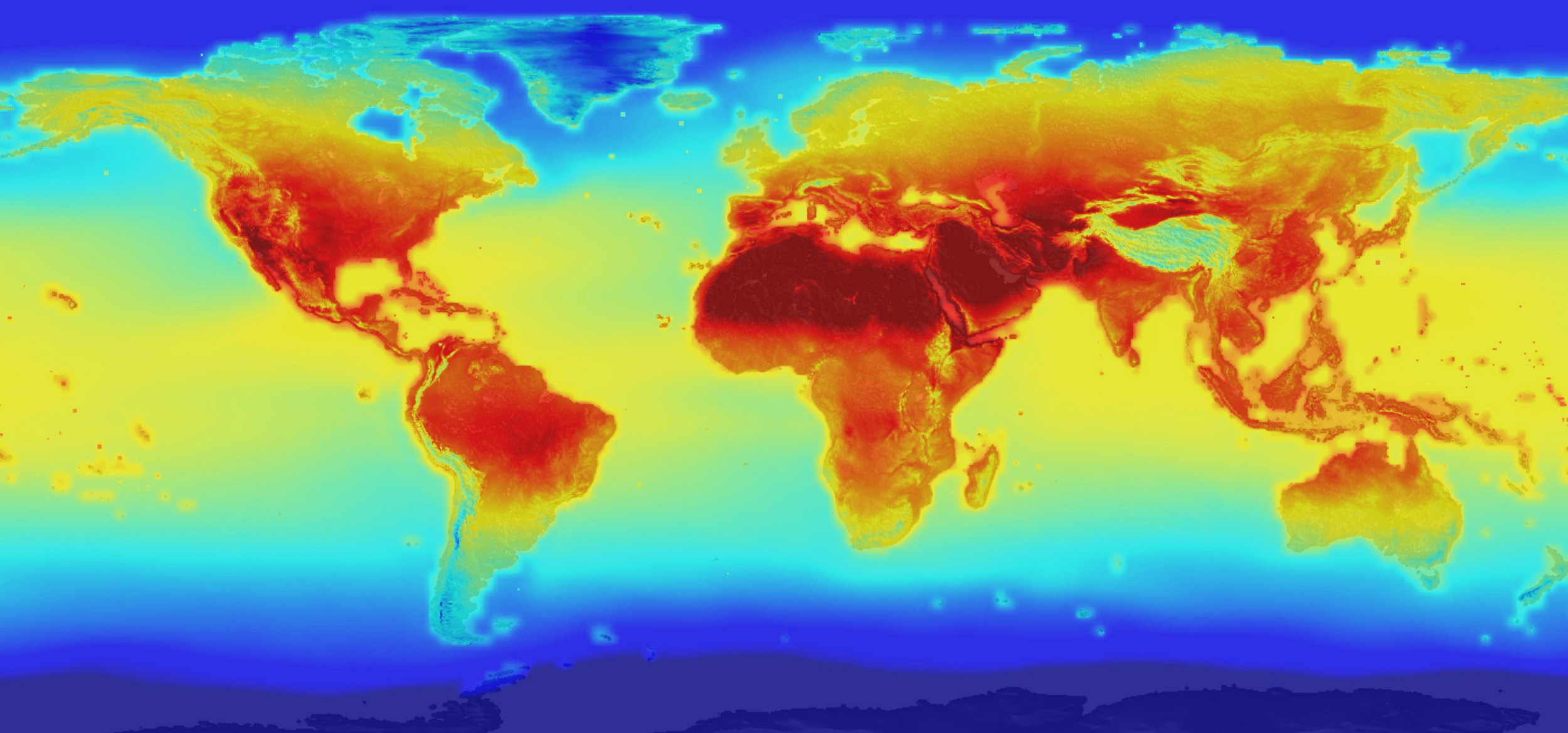Sheilla Lee
The world is reeling from the devastating consequences of climate change, a crisis that threatens the very fabric of our existence. As the planet continues to warm at an alarming rate, the effects of this unwarranted disaster are being felt across the globe, from melting ice caps to soaring temperatures, and from devastating storms to unprecedented droughts. The time for denial is over; the time for action is now.
The scientific evidence is crystal clear: human activities, particularly the burning of fossil fuels and deforestation, are releasing massive amounts of greenhouse gases into the atmosphere, leading to a catastrophic increase in global temperatures. The consequences are far-reaching and dire, with some of the most pressing concerns including:
Rising sea levels: As the polar ice caps melt, coastal cities and low-lying areas are facing an existential threat, with millions of people forced to flee their homes and livelihoods. The economic and humanitarian costs are staggering, with entire communities at risk of being displaced.
Extreme weather events: Climate change is breeding a new norm of intense and frequent natural disasters, from Category 5 hurricanes to unprecedented wildfires, droughts, and heatwaves. These events are not only devastating in terms of loss of life and property but also wreak havoc on global economies and food supplies.
Health crises: The increased frequency and severity of climate-related disasters are unleashing a new wave of public health crises, from waterborne diseases to heat-related illnesses, and from air pollution to mental health issues. The World Health Organization estimates that climate change is directly responsible for an additional 250,000 deaths annually.
Food and water insecurity: Climate change is disrupting global food systems, leading to crop failures, and destabilizing food supplies. Meanwhile, droughts and water scarcity are on the rise, threatening the world’s most vulnerable populations.
Biodiversity loss: The melting of glaciers, deforestation, and habitat destruction are causing widespread species extinction, compromising the delicate balance of ecosystems, and putting the very survival of some species at risk.
The time for debate is over; the time for action is now. Governments, policymakers, corporations, and individuals must come together to combat this existential threat. We can no longer afford to ignore the science; we must take immediate and drastic measures to reduce emissions, transition to renewable energy, and invest in sustainable infrastructure.
A collective response is necessary to address the climate crisis, and it begins with individual responsibility. Small changes in our daily habits, such as reducing energy consumption, using public transport, and eating a plant-based diet, can collectively make a significant difference. Moreover, governments must implement policies and regulations to curb emissions, invest in green technologies, and provide support to vulnerable communities affected by climate change.
The climate crisis is not just an environmental issue; it’s a human rights issue, a humanitarian crisis, and an economic imperative. It demands immediate attention, collective action, and a willingness to adapt to a new reality. The future of our planet, our children, and our grandchildren depend on it.
We stand at the precipice of a climate emergency, and the choices we make now will determine the course of human history. It’s time to rise to the challenge, to unite in our efforts to protect the planet, and to ensure a livable future for all. The clock is ticking; let us act with urgency and compassion to address the climate crisis, before it’s too late.















